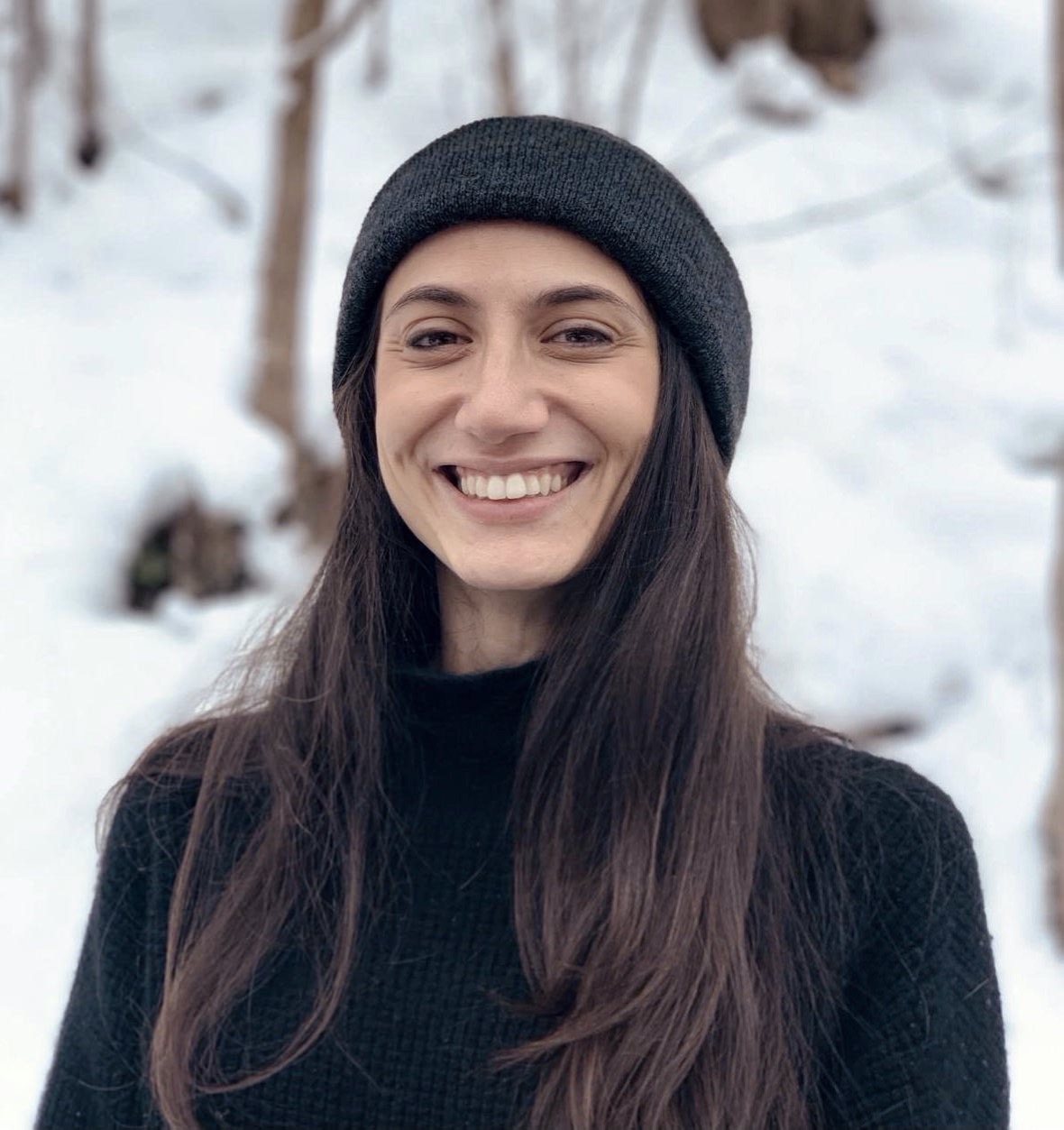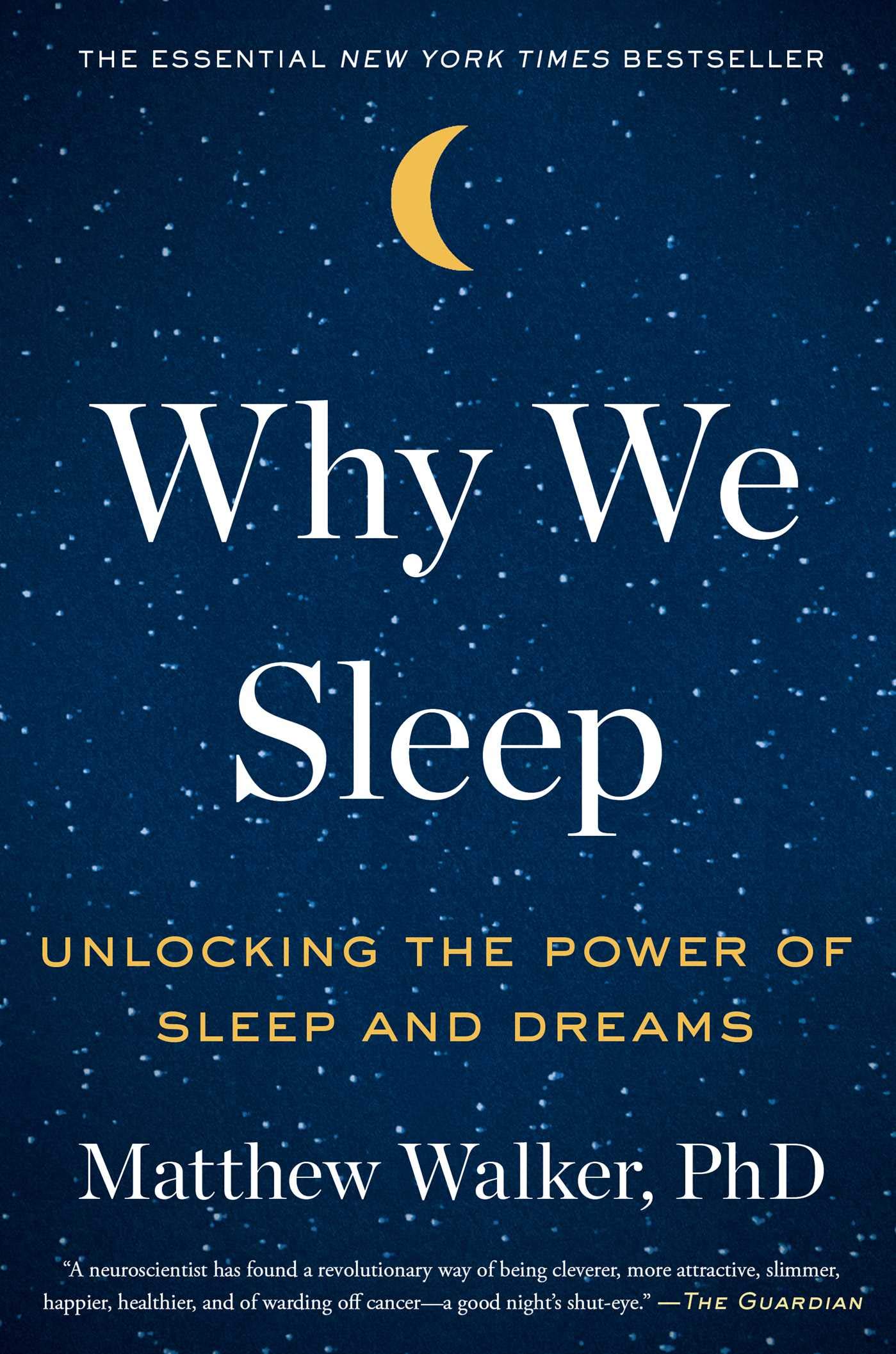The Community Spotlight celebrates the diversity of expertise, perspectives, and experiences of our community members. In this post we sit down with Cecilia Ferrando, a winner of the Differential Privacy Temporal Map Challenge and Computer Science PhD student at UMass Amherst.

Name: Cecilia Ferrando¶
Hometown: Torino, Italy¶
To get started, tell us a little about yourself.
I’m a PhD student in Computer Science at UMass Amherst. I live in lovely Northampton, very close to Amherst. I’m originally from Torino, Italy, and in the past few years I’ve lived in many different places, including Paris, Pittsburgh, and Santa Barbara.
My research at UMass is focused on differential privacy, specifically statistical inference in cases where we protect data using differential privacy. I enjoy working in this area: I believe that machine learning and data privacy protection can coexist, and I expect privacy-preserving protocols to become even more important in the future.
What is a recent project you’ve worked on that you’re excited about?
In statistical inference, we are not only interested in private point estimates (like an average, or a median) but also in the uncertainty surrounding the estimation process. In my first paper as a PhD student, we present a broadly applicable method to compute confidence intervals for differentially private estimates. It is based on the parametric bootstrap, and it is both algorithmically simple, and very accurate. I’m really excited about this work! All code is publicly available, and I hope it will be useful to other scientists and practitioners.
What motivated you to join a DrivenData competition or to continue participating in challenges?
I joined DrivenData for the “Differential Privacy Temporal Map Challenge”. I decided to join the competition with the UMass team (Minutemen) for two reasons. First, to get a better sense of what data science problems look like in the “real world”. The competition I joined was a great platform to learn the constraints and challenges that come with applying differential privacy to real data.
Second, I wanted to collaborate with more senior PhD students on the team. As a junior PhD student, I’ve had the opportunity to learn from more experienced students who have a lot of expertise in my area. It’s been a formative experience.
What hurdles have you had to overcome to become a data scientist? What advice would you give to others facing the same challenges?
I’ve become a data scientist later in my career. I transitioned to Computer Science during my Master’s degree, and after working as an applied researcher in the industry for a year, I decided to go back to school for my PhD and become a research scientist. Along the way, I faced the challenge of learning new skills quickly and independently.
I had to learn to focus on my own growth path and resist the urge to compare myself to others in this field. Everyone is on a different journey. Mine happens to be pretty non-traditional: I’m still very proud and grateful for all experiences that led me to where I am today.
Data science as a field has been struggling with a well-documented lack of diversity. How have you seen diversity and representation, or the lack thereof, impact data science problems?
Data science is by definition a multidisciplinary field. It draws from statistics, computer science, economics, engineering. In a similar way, data science is enriched by a diversity of perspectives. How can we possibly achieve diversity of perspectives without representation? I do believe that data science needs diversity. That’s why I’m an advocate for diversity in STEM PhD programs as well. I’ll continue to do my part to make data science an inclusive field.
Have you read any good books or articles recently?
“Why we sleep”, by Matthew Walker, PhD.
...Not that I need a reason, I love sleeping! But this book opened my eyes on the many important connections between the quality of sleep and general health. I highly recommend it.

Photo: Why We Sleep book cover/Amazon.
Where can the community find you online?
I’d love to connect with the DrivenData community! You can find me on GitHub (github.com/ceciliaferrando) and Twitter (@ceci-ferrando).
Thanks to Cecilia (Cecilia Ferrando) for sharing her thoughts on work, life, and data science! We are excited to feature more great community members. If you think you or someone you know would be a great addition to a future Community Spotlight, let us know!
 LABS
LABS